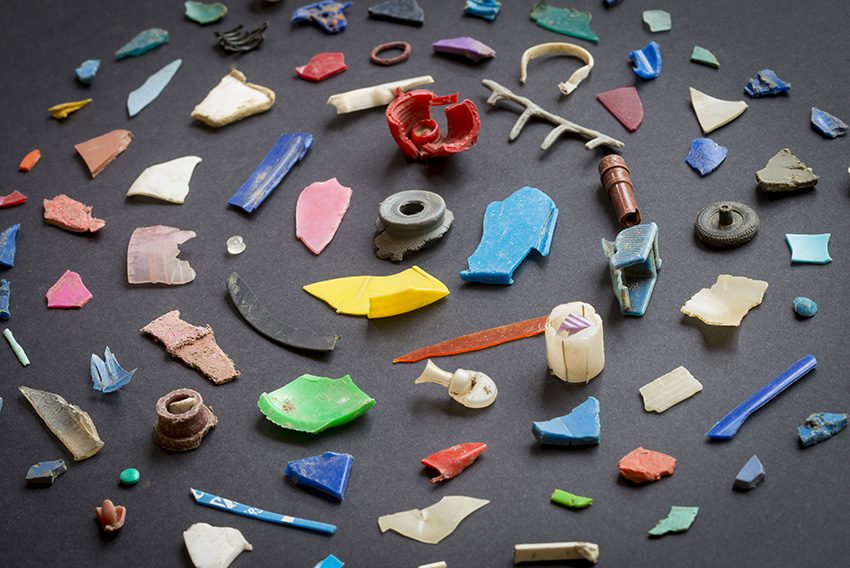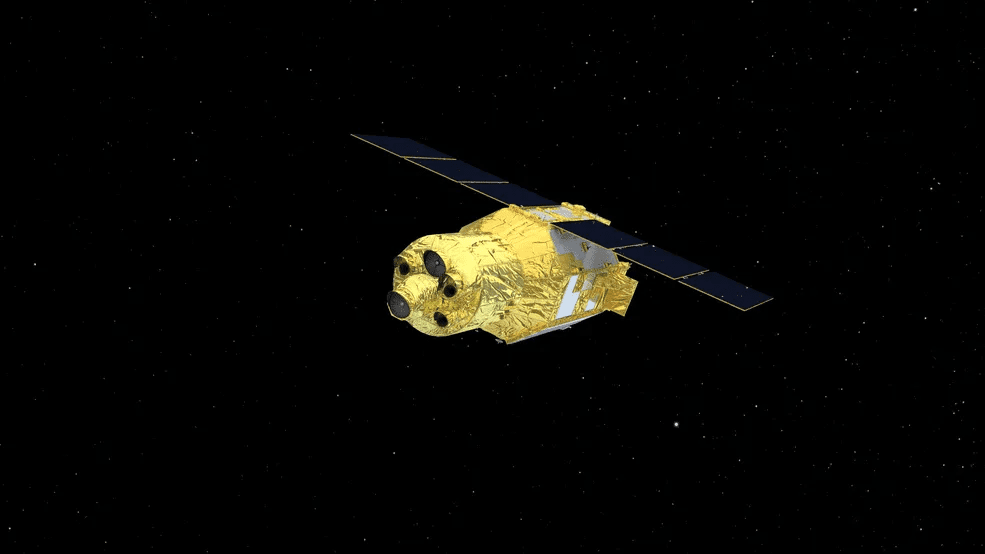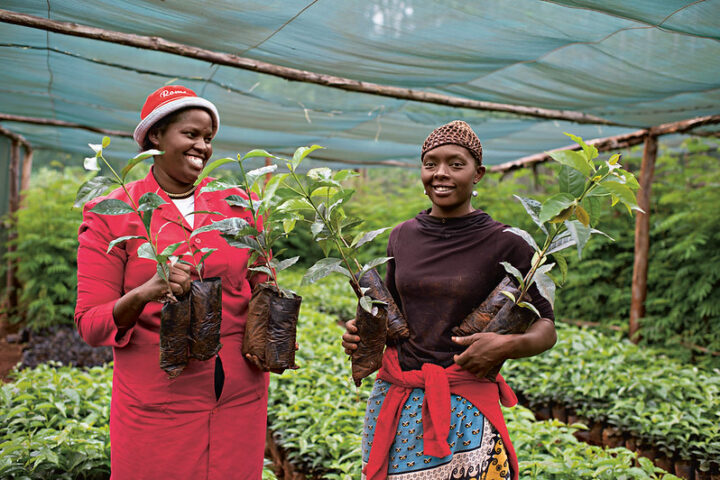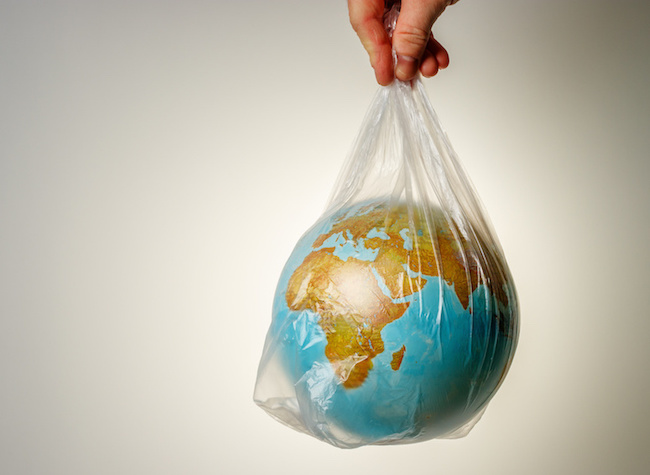It becomes increasingly clear that our plastic production habits are a significant contributor, as we peer into the abyss of environmental crises. Exacerbating climate change, the production of new plastic, a process reliant on fossil fuels, emits copious amounts greenhouse gases, . Nearly 400 million tons of new plastic are created , each year, much of which will take hundreds of years to decompose , if at all.
So we could shift our focus from producing new plastics to effectively recycling existing ones. Recycling old plastic not only reduces waste but also uses less energy compared to manufacturing new plastic. We might pressure the market to innovate & invest more in recycling technologies , by halting the production of new plastic.
Reducing the need for Virgin materials, improved plastic recycling could offer the same versatility as new plastics. The job creation potential in the recycling sector is immense, from an economic standpoint, potentially outweighing losses from a decrease in new plastic production.
With microplastics now found from the heights of Mount Everest to the depths of the Mariana Trench , the accumulation of plastic in our environment is a sobering reality. It is high time we questioned the ecological morality of continuing to produce materials that cause such wide spread environmental harm.
A risk we can mitigate by halting new plastic production, as prolonged exposure to plastic waste poses significant health risks to humans & wild life alike. According to a study plastic particles may carry carcinogens & disrupt hormones , a human health risk that demands serious consideration. We might reduce pollution & the hazards it presents to marine life, if we transition to recycling old plastic.
Given the unequal burden of plastic waste on marginalised & impoverished communities , mass plastic production is not just an environmental issue, it is an ethical concern. It would be more socially responsible to manage the plastic we have already produced than continue to generate more.
Weighing the convenience against costs , we should critically assess the societal need for new plastic production. Labeled as biodegradable , plastic often requires specific conditions to decompose , & in a real world scenarios, they may act just like traditional plastic. Is this merely greenwashing that distracts from the true scale of the plastic problem or can we trust the ‘ biodegradable ‘ label?
We might drive demand for more sustainable & less deceptive alternative to new plastic, if we prioritise recycling old plastic. A reflection of our throwaway culture, the global plastic problem represents our value system of preferring convenience over sustainability. It is our duty to question this norm & steer society towards a more sustainable model.
Similar Post
Creating a wide array of products & significantly reducing the need for new plastic , as modern recycling techniques can reclaim most types of plastic. We can imagine a future where we achieve a circular economy for plastic , wherein every piece is reused & noting is wasted.
According to numerous studies , a combination of plastic reduction , reuse , & recycling can considerably lower global carbon emissions. Are we willing to sacrifice our planet’s health for the fleeting convenience of new plastic products?
We must foster an environment that supports this transition by encouraging businesses to adopt recycled plastic as an effective solution. The empowered governments can impose regulations that could limit new plastic production & incentivize recycling.
We, as the citizens , have the responsibility to voice our concerns & demand a shift towards more sustainable practices. We have to critically examine the perceived economic benefits of new plastic production in the face of overwhelming environmental costs.
The resources spent on new plastic products should be better used to address the plastic waste already suffocating our planet. Our reliance on plastic is a challenge to be met unitedly so that a new society free of plastic is formed or at least efforts are to be made to minimise the plastic menace!

















